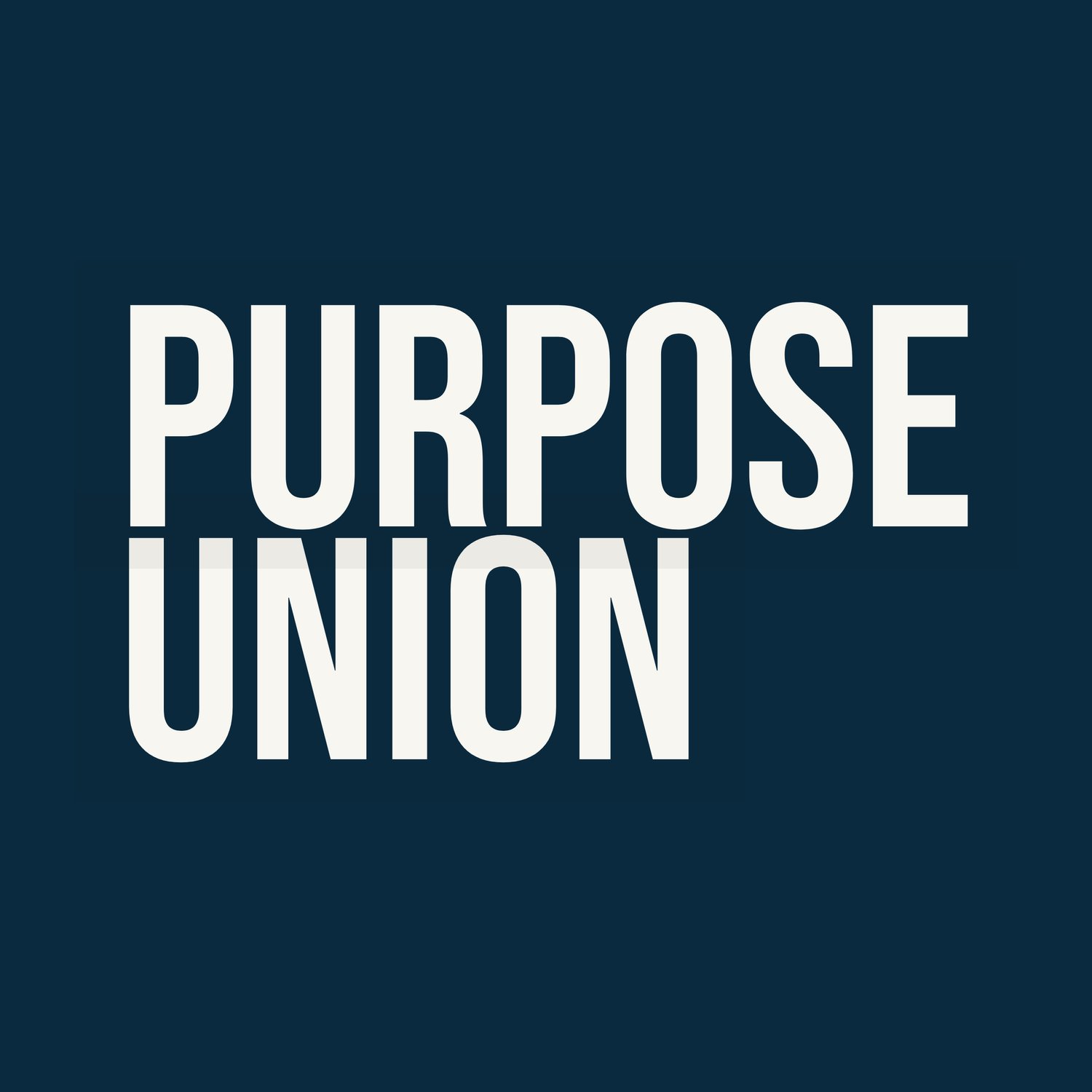Rethinking risk in an age of purpose
Fortune favours the brave
In my previous role as the Head of Activism for Ben & Jerry’s Europe, I was no stranger to courting controversy. During my tenure, we got into beef with the UK Government over their inhumane response to people drowning in the Channel whilst trying to seek safety; decried the murder of George Floyd in the US as an outworking of white supremacy; and ended our partnership with our Israeli licensee for selling ice cream in the settlements built illegally in the Occupied Palestinian Territories.
Not universally popular moves, by any account. But in 2021 Ben & Jerry’s hit $1 billion turnover, one of only thirteen Unilever brands ever to do so. How do we square these two elements?
More and more businesses are incorporating values and purpose into their operations and communications, in part driven by trends that show Gen Z and Millennials are increasingly concerned with the environmental and social creds of any brand they purchase or employer they join. Many corporations still fundamentally misunderstand the premise of purpose however. They want to be seen to be saying the right things without actually having to say anything; they want to talk about change without actually having to change anything; they want all of the glory with none of the risk.
Ben & Jerry’s understands risk very differently. As a company, they are acutely aware of the power and platform they have. They want to use that power and platform to drive forward progressive change. As a values-led company, the risk is in not using every tool in their toolkit to support causes that are in line with their purpose. Ben & Jerry’s understands that with progress comes pushback. And yet, for all the pushback, their business grows; their consumers reward them for their bold stances and for their integrity.
There are two lessons here for other companies. Not all brands should be first on the picket line or starting fights with elected officials on Twitter; that kind of activism is not for everyone. However, all businesses can and should understand the role they play in society outside of their primary function, and understand the power they wield. Businesses are inherently political whether they like it or not. They influence citizens and decision makers in a thousand different ways every day. This influence can be used to reinforce the status quo, or to help generate environmental and social change. Every business needs to look critically at what issues they are unintentionally perpetuating, and where they can play a role in creating greater equality.
The second lesson here is that in order to truly understand purpose, businesses should also rethink how they understand risk. For many, any negative public opinion is a risk too great to bear. Corporate communications therefore becomes an exercise in minimising pushback, saying the least controversial thing possible - which inevitably ends up being the blandest.
However, given the rise of ESG and that the majority of UK consumers consider a brand’s values in their purchasing decisions, pushback will soon be the least of a business’ problems. In order to capture and keep markets, businesses will have to be more vocal about their values, and back their communications up with action. The greater risk ends up being not speaking up for your values and not acting with integrity. Fortune, literally in this case, will favour the brave.
Wickes are another business that understands this well. At this year’s Brighton Pride, rather than put out a fairly bland (in this country anyway) message around celebrating love, they took the opportunity to stand up for the trans community and called for a policy change on conversion therapy. No pinkwashing for them; they understood the opportunity in front of them and utilised their platform to say something of substance.
This is not to advocate a reckless approach to purpose. Risk must be managed, but it must be reimagined for the purpose era. Businesses need to map out where they are willing to take risks in line with their values, and where they need to do more work internally before stepping out. The tolerance to risk must be continually re-evaluated as both businesses and their consumers evolve their understanding of purpose.
If done right, it’s a win-win situation: businesses get to create genuine positive impact for society and the environment, and they get to grow their consumer loyalty. If done inauthentically, then businesses can be the proud owner of their very own Pepsi moment. But if ignored, businesses risk being frozen out altogether.
Rebecca Baron is a passionate and strategic campaigner with more than a decade of activism experience across multiple issues including migrant and refugee justice, climate justice, LGBTQ rights and global inequality. She specialises in coalition building and narrative framing.
Contact rebecca.baron@purposeunion.com to find out more.
